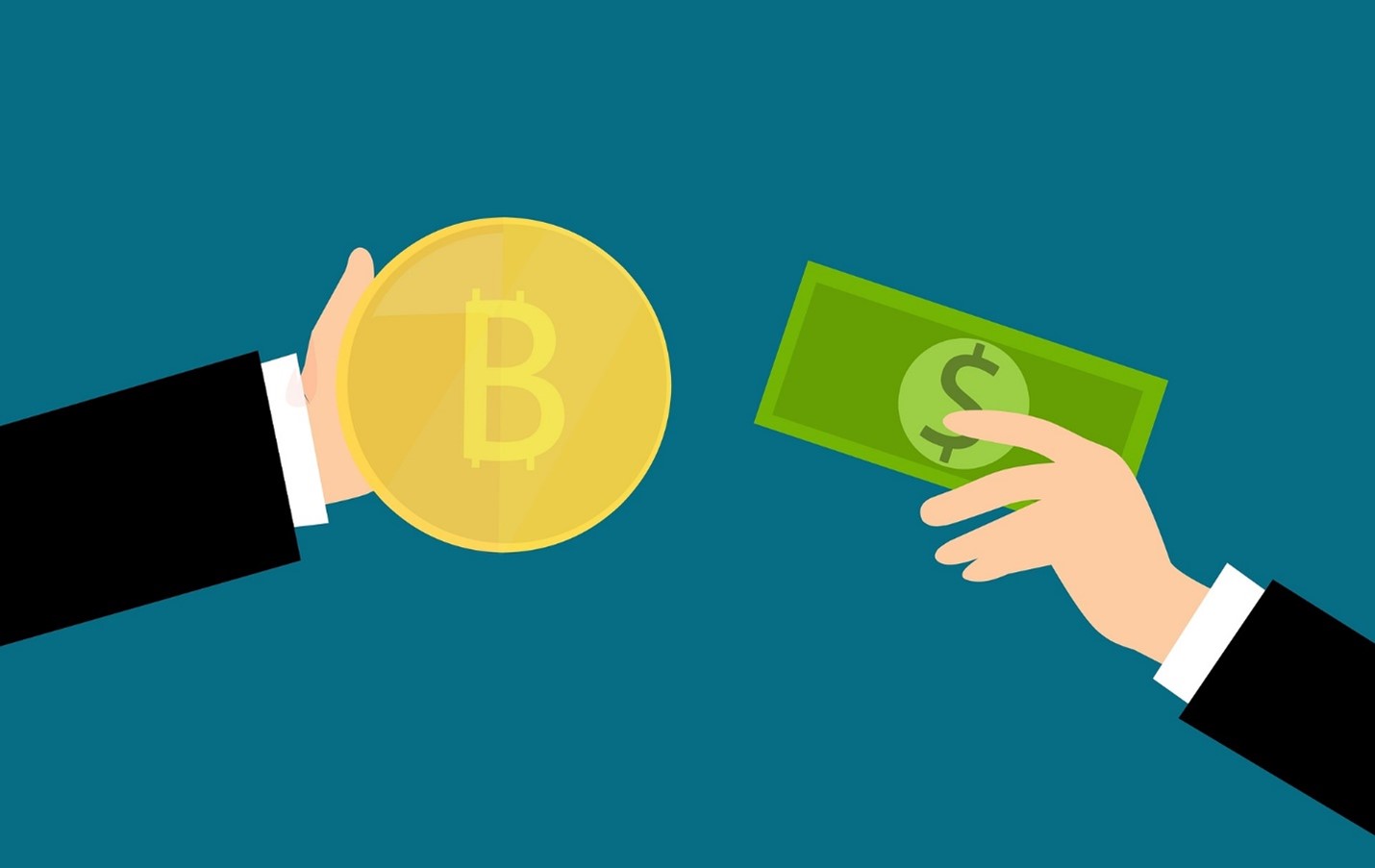Paper Money
Fiat money is a reliable means of payment or authorized money produced by a known governmental authority, like pounds, dollars, rupees, or yuan. The “total trust and loan” of the United States of America state, for instance, backs United States currency. Fiat money is distributed through a network of middlemen, most commonly banks. The sum you authorize is withdrawn from the banking accounts whenever you sign a cheque or use a bank payment card. The identical quantity is deposited to the accounts of the individual who receives the cheque or the business through which you purchased anything. The payment is handled and verified by the financial institutions, which offer transfer documentation to the purchaser and vendor.
Fiat money has infinite production. A state may quickly issue additional copies of money to raise the quantity of money in existence. The money turns virtually useless whenever matters start to go wrong, as it did when a trillion-dollar bill was valued at roughly forty cents. However, this is an uncommon occurrence, and generally, states have processes and laws to prevent out-of-control hyperinflation. If you are interested in bitcoin trading and investment visit Bitcoin Evolution.
Bitcoin
Contrary to traditional monies, a bitcoin is a distributed, electronically encoded money that is not tied to or governed either by the state or centralized authority. It is built on blockchain technology, which is a decentralized blockchain system. These were created to offer an alternate transaction method for digital payments. On the other hand, Bitcoins have still not become widely accepted by businesses and consumers and are far too unstable to be employed as transaction means.
Differences Between Paper Money And Bitcoin:
- The difference separating fiat money and bitcoins is that the producer and beneficiary of fiat money transfers may easily track and recognize them.
- Fiat money and bitcoin differ in that fiat money is a physical, or conventional, trade tool, while bitcoin is a virtual tool of buying and selling.
- Paper currency is secure compared to bitcoin because the state supports it, and cash transfers could be followed. In bitcoin, payments are processed secretly.
- Paper currency has an infinite circulation, which means that financial institutions can produce more than they want. Most bitcoins include a supply constraint, ensuring that a certain amount of bitcoins are ever available.
- States control the production of fiat currency and enact regulations that affect its worth. Bitcoins are electronic coins that serve as a means of exchange but are never governed by authorities.
Similarities Between Paper Money And Bitcoin
Bitcoins are currency because they enable two people to send and receive currency and operate as a repository of worth. On the other hand, Bitcoins offer capabilities that the conventional currency network currently lacks: they could be purchased and earned by anybody, anyplace, at any time worldwide, without the necessity for any banking institution or any regulatory authority. Bitcoins’ most innovative feature is this. Moreover, conventional states’ paper currency is essentially a loan. Whenever a banking system creates money, it distributes a portion of your country’s debt to you, the customer. Paper currency has worth since it is declared authorized by a state; it has no inherent worth.
Whenever a state takes out debts, it generates the majority of the wealth it generates. When individuals loan currency, financial institutions generate cash. Consider the American dollar: when no debts were carried out, there could most probably hardly be dollars in existence. In simple terms, the American dollar will not exist if customers did not take out loans from financial institutions. Unlike paper currency, which appears to derive a significant portion of its worth from loans, Bitcoin does not. Bitcoin possesses inherent worth in addition to the public’s confidence. Bitcoin’s price is based on its usefulness as a means of trade rather than on a loan structure.
Without the necessity for a financial institution or a state, bitcoins could be purchased and earned by everyone, everywhere, and every time. Bitcoin has established a higher level of confidence for our worldwide financial network in the long term. Bitcoin’s structure is entirely public, and it is founded on mathematics and the genuine agreement of regular clients.


